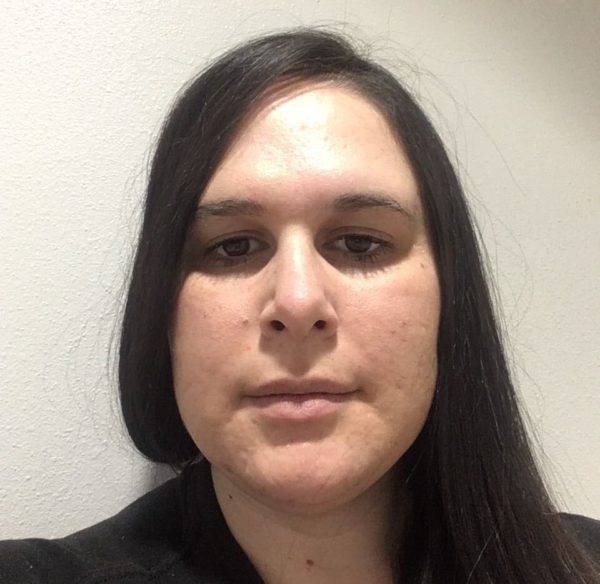Opinion: Mental health and the Christian church
When the young pastor of a large church in Southern California was found dead in his own church building, no one saw it coming.
Andrew Stoecklein, a 30-year-old man from Chino, California, had just given a sermon the previous Sunday about God supporting people and sustaining them through difficult times. He also encouraged people by telling them that they were never alone, and to always reach out for help.
Shortly after, he committed suicide. His wife and mother found him on his office floor.
Stoecklein’s story reflects a disparity in how Christians understand and approach mental health. It is time for the evangelical Christian church to acknowledge the reality of mental illness and to devote more resources to prevent these types of tragedies from reoccurring.
Growing up in the evangelical church while struggling with mental health can be daunting. I know this personally. I remember being told I just needed to pray more, that I did not love Jesus enough or — my personal favorite — that I was likely possessed by a demon. Unfortunately, my story, and the story of Andrew Stoecklein, is not uncommon.
Morgan Makar, a 23-year-old from the Salt Lake City area, said she has personally experienced how depression can impact a Christian family.
“Growing up, whenever I wanted to talk about my issues with depression or anxiety, it was hard to go to people in church and feel accepted,” Makar said.
Makar also pointed out something churches struggle with: the lack of resources.
“We didn’t really have counseling available in the church,” she said. “’I’ll pray for you’ was the typical answer, and it was not really a comfort.”
In addition, Makar recalls listening to pastors who told their congregation that it was a sin to be depressed or anxious. Several of her friends were told they were not real Christians due to their depression. Finally, Makar remembers the terrible day her sister attempted suicide.
“She was treated like a black sheep by people in our church,” she said. “My parents didn’t know what to do because we were never given any resources. They didn’t know how to deal with this.”
Several years ago, investigators from LifeWay Research, a ministry-based Christian group that studies patterns and statistics in evangelical circles, conducted a study titled “Acute Mental Illness and the Christian Faith.” They surveyed 1,000 protestant pastors, 355 protestant Americans diagnosed with mental illness, and 207 family members of those afflicted with mental illness.
According to LifeWay’s findings, only 39 percent of individuals with acute mental illness agreed that their church had “specifically helped them think through and live out their faith in the context of their mental illness.”
That is not surprising in light of what the rest of the survey revealed about evangelical culture.
Just about half of the pastors and family members believed it was the local church’s responsibility to provide resources for those struggling with mental illness.
But there were two statistics that came out of the study that should give us all pause. A majority of pastors — 68 percent — believed they already supply resources for mental illness. But what do family members think? Only 28 percent believed their local church has adequate resources to battle mental disorders. Put simply, churches are not getting the job done — even though they think they are.
What’s worse, of course, is many don’t think they need to at all.
Rebekah Lyons, a popular Christian author and blogger, suggested in 2018 that depression could be healed through prayer. The same week, John Piper, a contemporary of Billy Graham, tweeted out from his ministry page “We will find mental health when we stop staring in the mirror, and fix our eyes on the strength and beauty of God.” Many on Twitter took that to mean an individual did not need to seek professional help or medicine for mental afflictions.
All of these comments happened just months before Stoecklein took his life.
As hurtful as this may have been, Kayla Stoecklein hasn’t withered in her desire to make her husband’s life meaningful to others.
“Mental health does not disqualify anyone from ministry,” she said in an interview just one year after her husband’s death. “Mental health is not a choice. It’s OK to get help. The more we talk about it, the more people hiding in the dark, struggling, will step into the light and get help.”
Ultimately, evangelical leaders need to start identifying how they can take better care of themselves and their congregations.
Maybe if that had happened five years ago, I wouldn’t have felt so alone. Maybe I wouldn’t have left the church for so many years.
I’m back now. I think I always will be. But how many have we lost?

Taylor is a senior at USU. She is majoring in journalism and political science. Her dream is help other people tell their stories.
taylor.cripe@usu.edu

